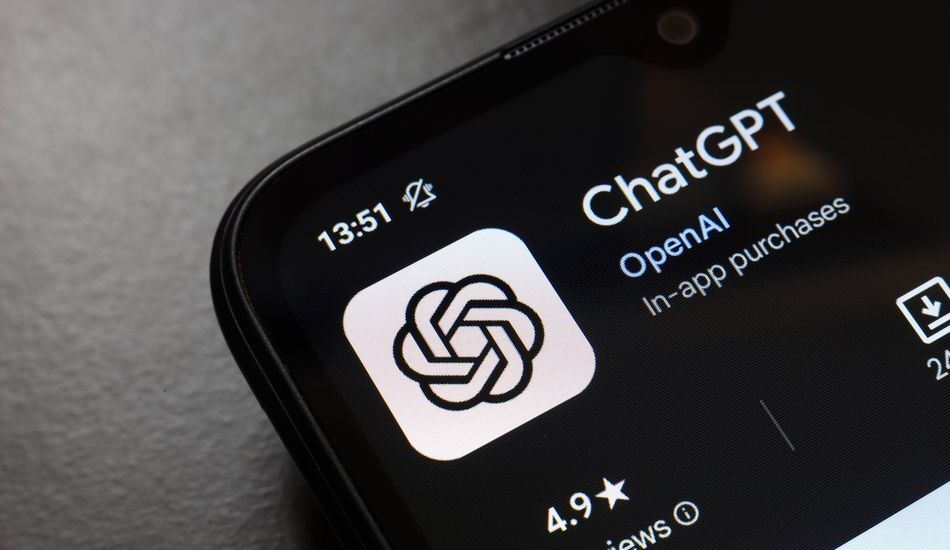
AI in Higher Education: A Double-Edged Sword
The increasing integration of AI chatbots like ChatGPT into higher education is raising significant concerns. While companies like OpenAI aggressively market their services to universities, promising personalized learning experiences and career assistance, the potential drawbacks are substantial. Many institutions, despite initial skepticism and even bans, are embracing these tools, raising questions about the long-term impact on learning and critical thinking.
The Allure and the Risks
The appeal is clear: AI chatbots offer personalized tutoring, administrative support, and even career guidance. Several universities, including prominent institutions, have already adopted OpenAI's ChatGPT Edu, illustrating a growing trend. However, this adoption comes despite documented issues with AI's propensity for providing inaccurate information and hallucinating facts. Studies suggest that over-reliance on AI can hinder the development of crucial critical thinking skills, leading students to "offload" cognitive effort and rely on shortcuts.
Beyond Accuracy: The Broader Impact
The problems extend beyond factual inaccuracies. The integration of AI in education could negatively affect social interaction and the development of essential interpersonal skills. The use of AI-driven tools replaces human interaction, diminishing opportunities for students to build relationships with mentors and peers. Investing heavily in AI solutions might mean diverting resources from initiatives that foster more meaningful human connections within the university setting.
Furthermore, research on AI's performance in educational settings demonstrates significant limitations. A recent study revealed that AI models, when tested on legal casebooks, frequently produced false or misleading information, highlighting the potential for harmful consequences in learning environments.
The rapid adoption of AI in universities warrants a careful examination of its potential benefits against its considerable drawbacks. The emphasis should remain on fostering critical thinking, accurate information acquisition, and the development of vital interpersonal skills, all of which are potentially jeopardized by widespread AI integration.
Source: Gizmodo